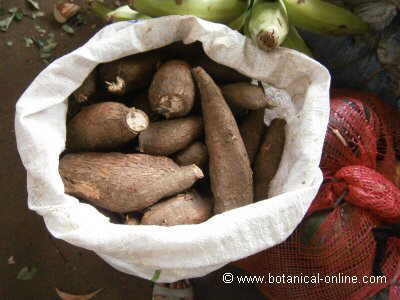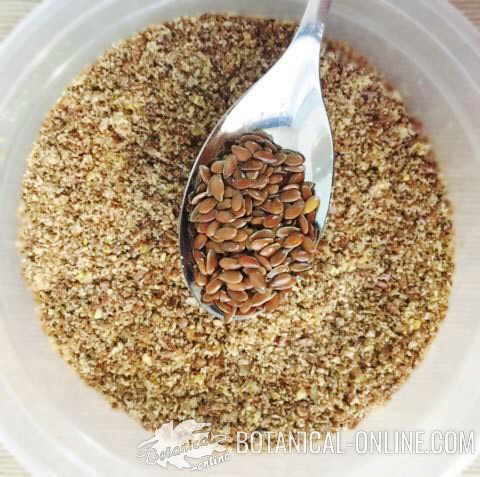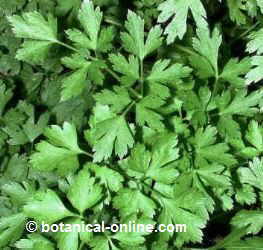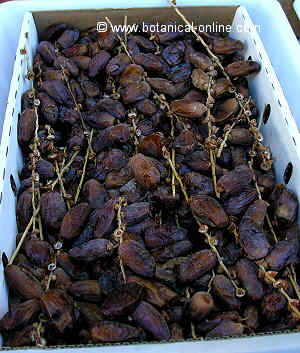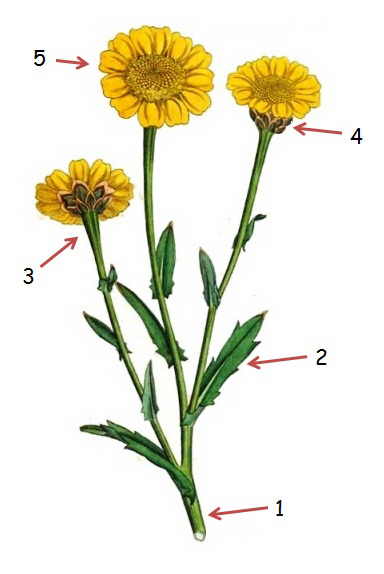Contents
Edible benefits of tempeh
What does tempeh provide? Food properties of tempeh
Tempeh is a food that primarily gives us a great source of protein of high biological value, from soy.
It is different from tofu because it has gone through a fermentation process, which makes it more digestible than other unfermented derivatives of soy.
* Related information: Differences between fermented and non-fermented soy
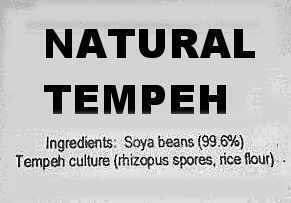
Nutritional value of tempeh
Tempeh contains about 190 calories in 100 grams of product. It is noted for its high protein contribution, in a proportion equal to proteins that provides meat (15 to 20%). These proteins are more digestible than soy because they have passed through a fermentation process, so they have been removed from their antinutrients.
As for fats, tempeh has a fat content of 10%. As of plant origin, it is free of cholesterol.
As for his carbohydrate content, tempeh is low in these nutrient (although it has a carbohydrate intake much higher than meat), with values close to 10 grams of carbohydrates per 100.
Tempeh also provides a good amount of fiber, though less than soybeans, because soybeans have been peeled for processing it.
Vitamins and minerals of tempeh

Tempeh is a good source of B vitamins (mostly folates, riboflavin (vitamin B2) and very little cobalamin (vitamin B12 analogues), minerals such as potassium, phosphorus, magnesium, calcium, iron, copper and manganese.
Isoflavones in tempeh
An important point of tempeh and soy is the significant amount of isoflavones it contains.
Soy isoflavones are the components involved in an alleged improvement of symptoms of menopause as a replacement to natural estrogens.
Normal consumption of soy products can be recommended for women in this stage of their life.
Nutritional composition of tempeh
The following table shows the composition of tempeh compared with soy which it comes from. Both compared to beef.
| Composition of tempeh, soybean and beef per 100 gr. | |||
| Tempeh, cooked | Soy bean, seeds, cooked, unsalted | Lean beef with separate fat, unsalted | |
| Water | 59,56 g | 62,5 g | 58,9 g |
| Calories | 197 Kcal | 173 Kcal | 192 Kcal |
| Fat | 8,9 g | 8,9 g | 6,3 g |
| Protein | 11,38 g | 16,64 g | 31,5 g |
| Carbohydrates | 9,35 g | 9,9 g | 0 |
| Fiber | —- | 6 g | 0 |
| Potassium | 401 mg | 515 mg | 308 mg |
| Sodium | 14 mg | 1 mg | 51 mg |
| Phosphorus | 253 mg | 245 mg | 272 mg |
| Calcium | 96 mg | 102 mg | 5 mg |
| Magnesium | 77 mg | 86 mg | 25 mg |
| Manganese | 1,300 mg | 0,710 mg | 0,018 mg |
| Iron | 2,3 mg | 5,1 mg | 3, 46 mg |
| Zinc | 1,57 mg | 1,15 mg | 5, 4 mg |
| Copper | 0, 540 mg | 0, 40 mg | 0,13 mg |
| Vitamin C | —- | 1,7 mg | 0 |
| Vitamin B1 (Thiamin) | 0,054 mg | 0,15 mg | 0, 07 mg |
| Vitamin B2 (Riboflavin) | 0, 357 mg | 0, 28 mg | 0, 26 mg |
| Vitamin B3 (Niacin) | 2,135 mg | 0, 39 mg | 4, 08 |
| Vitamin B6 (Pyridoxine) | 0, 199 mg | 0, 23 mg | 0, 36 mg |
| Vitamina B9 (Folic acid -) Folacin | 21 mcg | 54 mcg | 11 |
| Vitamin B12 (Cobalamin) | 0,14mcg | 0.0 mcg | 1.42 |
| Vitamin A | —- | 9 IU | 0 |
| Vitamina E | — | 1,9 mg | 0 |
![]() More information on tempeh
More information on tempeh

